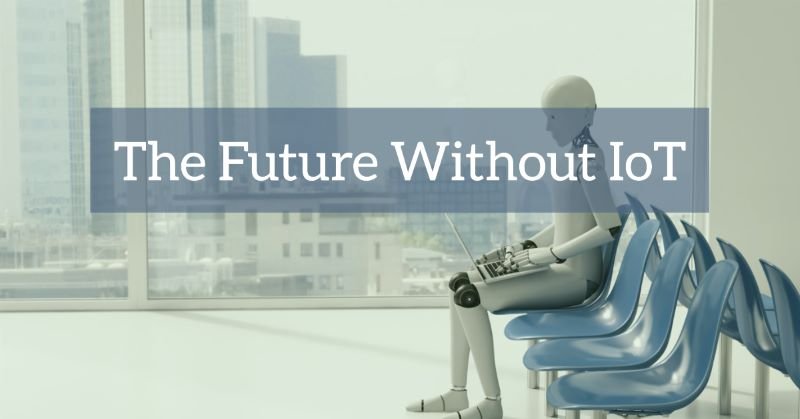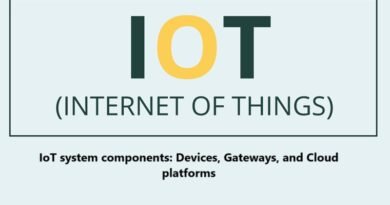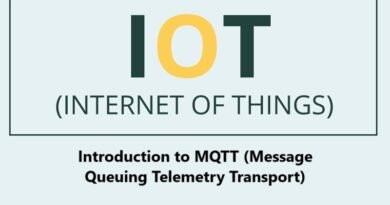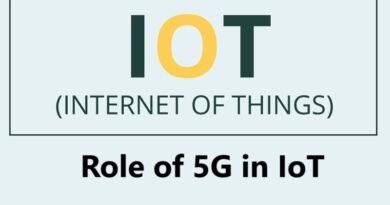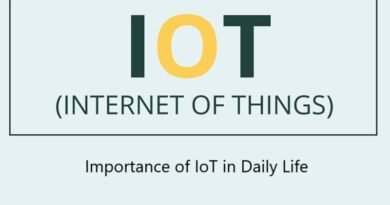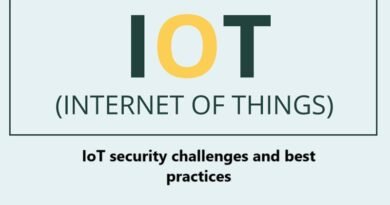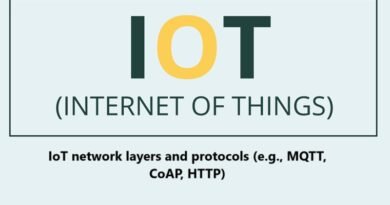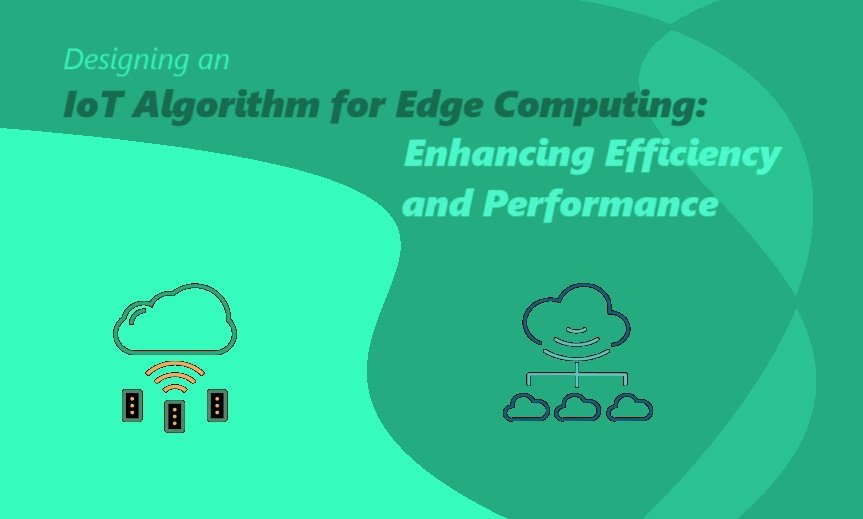Life Without IoT: What Changes?
In today’s digital age, the Internet of Things (IoT) has become an integral part of our lives. From smart homes to wearable devices, IoT has revolutionized the way we interact with technology. But have you ever wondered what life would be like without IoT? In this article, we will explore the concept of life without IoT and the changes it would bring. But Firstly, we have to understand why the world needs IoT!
Why does the world need IoT?
The world needs IoT because it has the potential to revolutionize the way we live and work. By connecting devices and enabling them to communicate and share data, IoT has the power to enhance efficiency, improve decision-making, and create new opportunities across various sectors. One of the key reasons why the world needs IoT is its ability to collect and analyze vast amounts of data.
This data can be used to gain valuable insights, optimize processes, and make informed decisions. For example, in the healthcare industry, IoT devices can monitor patient vitals and transmit real-time data to healthcare providers, enabling early detection of health issues and timely intervention.
IoT also has the potential to improve sustainability and reduce waste. By connecting devices and enabling them to communicate, IoT can optimize resource usage, monitor energy consumption, and enable smart grid systems. This can lead to more efficient use of resources and a reduction in carbon emissions.
Now let’s understand the Impacts of IOT in our life and assuming our life without Internet of Things:
The Impact on Daily Life
Without IoT, our daily lives would be significantly different. One of the most noticeable changes would be in our homes. Smart appliances, such as thermostats, refrigerators, and security systems, would no longer be connected to the internet. This means that we would have to manually control these devices, resulting in less convenience and automation.
Additionally, without IoT, our ability to monitor and control our homes remotely would be lost. We would no longer be able to adjust the temperature, check security cameras, or receive notifications on our smartphones. This would require us to be physically present to manage our homes, resulting in less flexibility and convenience.
The Impact on Healthcare
IoT has also made significant advancements in the field of healthcare. Without IoT, remote patient monitoring would become a thing of the past. Devices that track vital signs and send real-time data to healthcare professionals would no longer exist. This would mean that patients would need to visit healthcare facilities more frequently for routine check-ups and monitoring.
In addition, IoT has enabled the development of smart medical devices, such as insulin pumps and pacemakers. These devices can be remotely monitored and adjusted, providing patients with greater control over their health. Without IoT, these advancements would not be possible, potentially impacting the quality of healthcare for many individuals.
Also reads: Protect Yourself from Phishing Attacks – Tips and Best Practices
The Impact on Transportation
The transportation industry has also been greatly influenced by IoT. Without IoT, the concept of autonomous vehicles would not exist. Self-driving cars rely on IoT technology to communicate with each other and navigate the roads safely. Without IoT, transportation would rely solely on human drivers, potentially leading to increased accidents and traffic congestion.
Furthermore, IoT has improved the efficiency of transportation systems through smart traffic management. Traffic lights and road sensors are connected to the internet, allowing for real-time monitoring and adjustments. Without IoT, traffic congestion would be more prevalent, resulting in longer commute times and increased frustration for drivers.
The Impact on Industry
IoT has also had a significant impact on the industrial sector. Without IoT, the concept of smart factories and automation would not be as advanced as it is today. IoT enables machines to communicate with each other, optimizing production processes and reducing downtime. Without IoT, industries would rely more on manual labor, potentially leading to decreased efficiency and productivity.
In addition, IoT has revolutionized supply chain management. With IoT, companies can track the location and condition of their products in real-time. This allows for better inventory management and improved customer service. Without IoT, companies would rely on manual tracking methods, resulting in less visibility and potentially more errors in the supply chain.
Lack of Connectivity
One of the most significant impacts of a world without IoT would be the lack of connectivity between devices and systems. Currently, IoT enables seamless communication and data exchange between various devices, allowing them to work together harmoniously. Without IoT, devices would operate in isolation, making it difficult to automate tasks, share information, and streamline processes.
For example, in a smart home equipped with IoT devices, you can control the lights, thermostat, and security system from your smartphone. Without IoT, you would need to manually adjust each device, resulting in a less efficient and convenient living environment.
Reduced Efficiency
IoT has significantly improved efficiency in various industries, such as manufacturing, healthcare, and transportation. Without IoT, these sectors would face challenges in terms of productivity and optimization.
In manufacturing, IoT enables real-time monitoring of production processes, predictive maintenance, and inventory management. Without IoT, manufacturers would struggle to identify and address issues promptly, resulting in increased downtime and decreased productivity.
In healthcare, IoT devices such as wearable fitness trackers and remote patient monitoring systems have revolutionized patient care. These devices enable healthcare professionals to monitor patients’ vital signs, track their activity levels, and provide personalized care. Without IoT, healthcare would become less proactive and more reliant on traditional methods, potentially compromising patient outcomes.
Privacy and Security Concerns
IoT has raised significant concerns regarding privacy and security. With the vast amount of data generated by IoT devices, there is a need for robust security measures to protect sensitive information.
However, without IoT, privacy and security concerns would still exist, albeit in different forms. Traditional devices and systems would still collect and store personal data, making them vulnerable to hacking and unauthorized access. The difference is that IoT devices have the potential to gather more detailed and extensive data, increasing the risks associated with privacy breaches.
Less Personalization
IoT has enabled personalized experiences in various aspects of our lives. From personalized recommendations on streaming platforms to personalized settings on smart devices, IoT has made technology adapt to our individual needs and preferences.
In a world without IoT, personalization would be limited. Devices and services would rely on generic settings and recommendations, lacking the ability to tailor experiences to individual users. This would result in a less immersive and engaging user experience, as well as a decrease in efficiency and effectiveness.
The Disruption of Smart Homes
One of the most noticeable changes in a world without IoT would be the disruption of smart homes. Currently, IoT devices such as smart thermostats, security systems, and voice assistants have transformed our living spaces into intelligent, automated environments. Without IoT, these devices would lose their connectivity, rendering them unable to communicate with each other or be controlled remotely.
Imagine having to manually adjust the temperature in your home, physically check your security cameras, or turn on your lights without the convenience of voice commands or smartphone apps. The absence of IoT would not only make our lives less convenient but also limit the potential for energy efficiency and cost savings that smart home technology provides.
Final Thoughts
Life without IoT would be drastically different. From our homes to healthcare, transportation, and industry, IoT has become an integral part of our daily lives. The convenience, efficiency and advancements brought by IoT have transformed the way we live and work. While it is interesting to imagine a world without IoT, it is clear that its absence would result in significant changes and challenges. As we continue to embrace IoT, it is important to recognize its impact and the benefits it brings to our lives.
